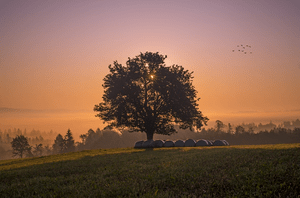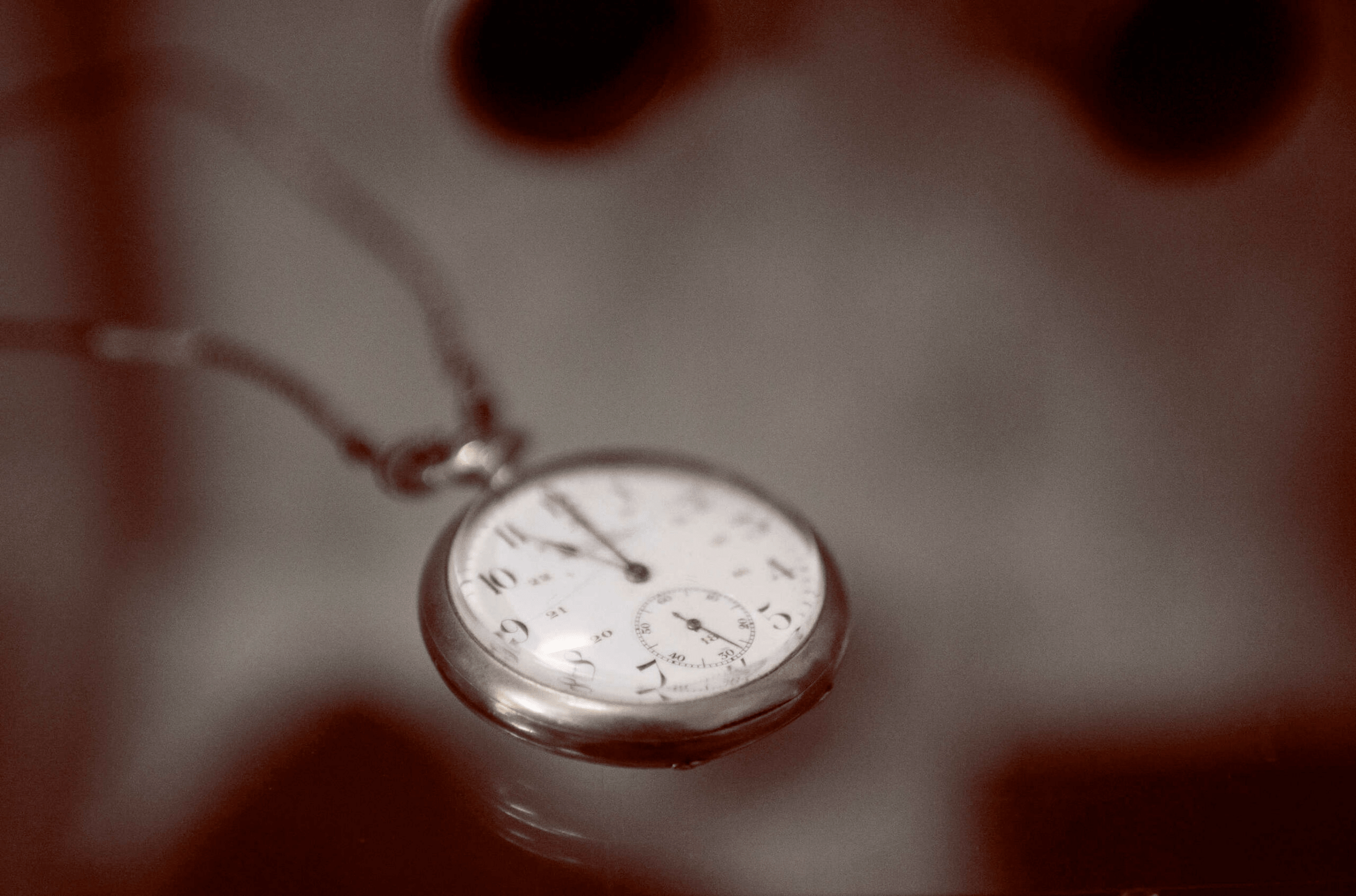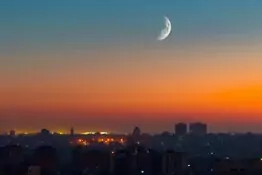يَا حَيُّ يَا قَيُّوْمُ ، بِرَحْمَتِكَ أَسْتَغِيْثُ ، أَصْلِحْ لِيْ شَأْنِيْ كُلَّهُ ، وَلَا تَكِلْنِيْ إِلَىٰ نَفْسِيْ طَرْفَةَ عَيْنٍ
O The Ever Living, The Sustainer of all; I seek assistance through Your mercy. Rectify all of my affairs and do not entrust me to myself for the blink of an eye.
Yā Ḥayyu yā Qayyūm, bi-raḥmatika astaghīth, aṣliḥ lī sha’nī kullah, wa lā takilnī ilā nafsī ṭarfata ʿayn.
Anas b. Mālik (raḍiy Allāhu ʿanhu) narrates that the Prophet ﷺ said to Fāṭimah (raḍiy Allāhu ʿanhā), “What is preventing you from (doing) what I am advising you; that you say [the above] in the morning and evening?” (Nasā’ī in ʿAmal al-Yawm wa-l-Laylah 570)
Brief Commentary
• We begin this duʿā’ by calling Allah through His Name: al-Ḥayy: “The Ever Living.” Allah’s ‘living’ is very different to our own living, as our living contains periods of illness, tiredness, sleep, and many other deficiencies, including having a beginning and end. However, Allah has the most perfect form of life, as He was always present and will always remain. His life is not interrupted by any periods of sleep nor loss of power.
• When we call upon Allah ‘al-Ḥayy’ (the Ever Living), we should realise we are calling the Being who will always be present and available to help.
• We then call upon Allah through His Name ‘al-Qayyūm’, The Sustainer of all. Al-Qayyūm is the one who Himself is Self-Sustaining, and at the same time sustains His creation by creating them, managing their affairs, providing for them, and protecting them. He is the one who keeps everything in place e.g. planet orbitals, keeping the earth and the heavens intact etc.
• The Sustainer of all (‘Qayyūm’) implies that Allah is complete in terms of His ability to carry out actions, therefore we call upon Him as He is always there, and fully capable of fulfilling our needs.
• The Prophet ﷺ is reported to have said that Allah has the greatest name that if you ask Him with it and supplicate to Him with this name then He will surely accept your duʿā’ (Tirmidhi 3544). Many scholars have mentioned that this Greatest Name comprises the two Names at the beginning of this duʿā’: “O Ever Living One, O Sustainer of all.”
• We then ask Allah for “assistance” through His mercy. We don’t mention what we seek assistance for, but inferring from how the duʿā’ continues, it is understood that we are asking Him for assistance in everything good, since we cannot rely on ourselves for anything.
• We then ask Allah to rectify all our affairs. This includes matters related to this life and the hereafter.
• The last part of this duʿā’ sets in place a very important concept in our life, which is that we need Allah for everything in our lives. If we are left to ourselves even for a moment, then this would lead to our destruction.
• By realising we cannot depend on ourselves alone, we implement what we recite at least 17 times a day, which is the verse in Sūrah al-Fātiḥah: ‘Only You do we worship, and only in You do we seek assistance’.
Action Points
• Memorise the Greatest Names of Allah (‘Ḥayy’ and ‘Qayyūm’) and ensure you always call upon Allah with these Names whenever you supplicate to Him.
• Though very short, this duʿā’ carries great meanings, and must never be said without contemplation as you are setting your frame of mind for the rest of the day when you say this duʿā’.
• Whenever you say this duʿā’, always keep in mind that you will fail if you only depend on yourself, even if it is for one moment of your life.
• Once you say this duʿā’ from the bottom of your heart, you will feel at great ease and comfort as you have entrusted all your affairs to Allah; and inshāAllāh you will have a very successful morning or evening.
• Ibn al-Qayyim writes, “The Names ‘al-Ḥayy’ and ‘al-Qayyūm’ are extremely effective in getting one’s duʿās answered, and one’s calamities removed. Among the experiences of the wayfarers (on the path to Allah) that have been tried and found to be sound is that whoever accustoms himself to reciting: ‘O Living, O Sustainer of all! There is no god worthy of worship but You,’ shall be bequeathed life into his heart and mind because of it.”







